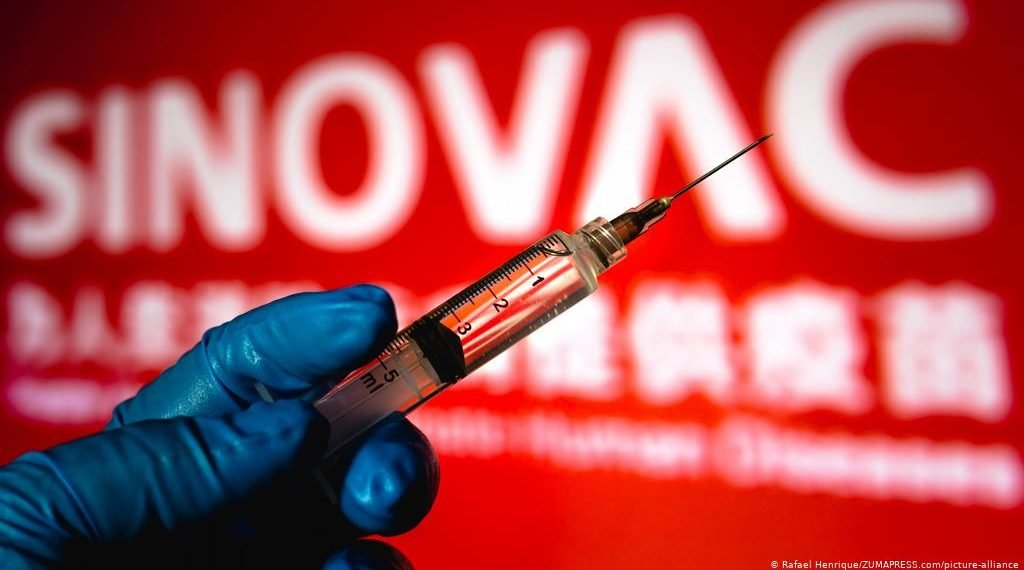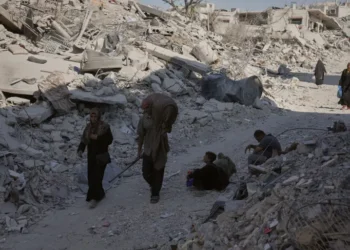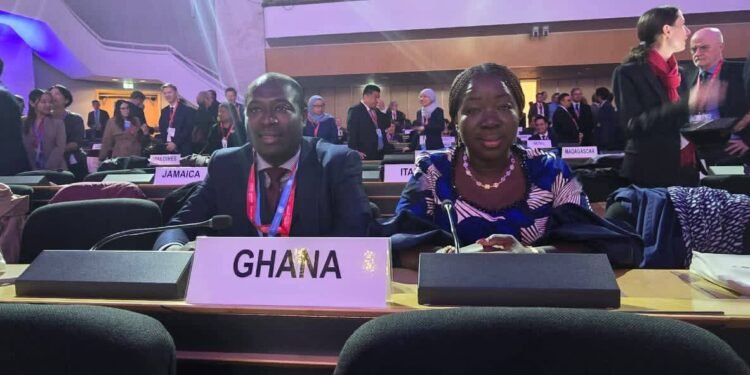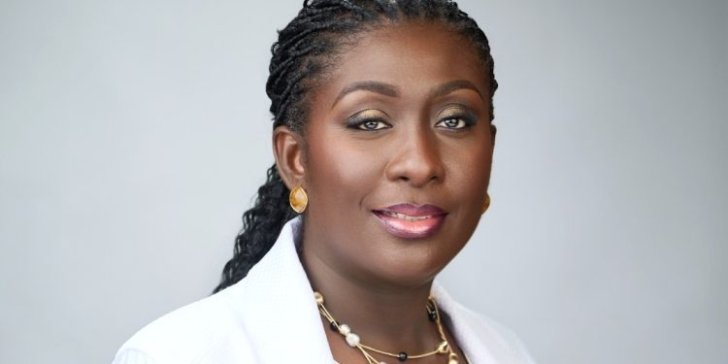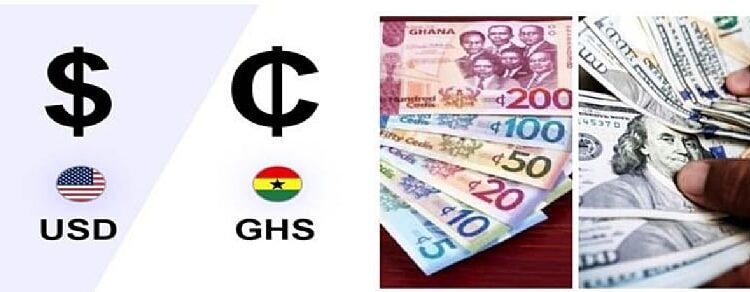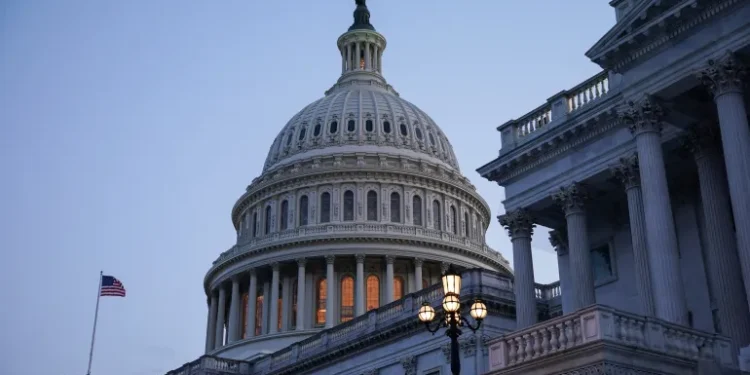China’s Centres for Disease Control (CDC) has admitted that the effectiveness of the country’s domestically produced vaccines is low, as it emerged that authorities are considering mixing them in a bid to offer greater protection against Covid-19.
The admission came from the director of China’s CDC, Gao Fu, who noted at a conference that Chinese vaccines “don’t have very high protection rates”.
“It’s now under formal consideration whether we should use different vaccines from different technical lines for the immunization process”.
A recent study by researchers in Brazil disclosed that the vaccine from Sinovac, a Chinese developer is only 50.4% effective against the virus. By comparison, the vaccine made by Pfizer was found to be 97% effective.
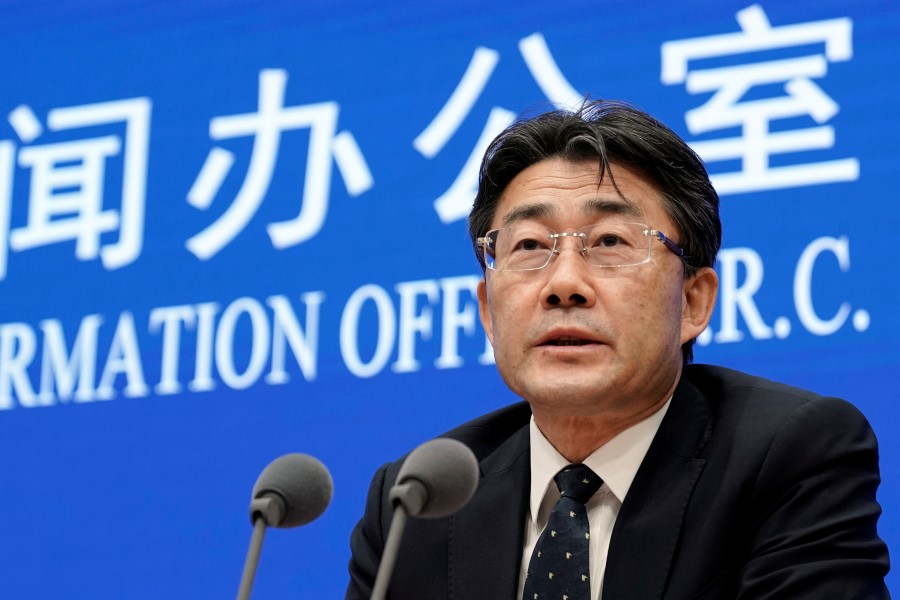
It also emerged;last month that a number of people in the United Arab Emirates (UAE) were being;invited to get a third shot of the Sinopharm coronavirus vaccine after antibody tests indicated they did not have a sufficient immune response following two doses of Sinovac.
Experts say mixing vaccines, or sequential immunizations, might boost effectiveness rates of available Covid vaccines. Trials around the world are looking at mixing vaccines or giving a booster shot after a longer time period.
Oxford has said that it will conduct trials by combining its COVID-19 vaccine with the Russian coronavirus vaccine, Sputnik V. Other researchers in Britain have also announced they are studying a possible combination of the Pfizer-BioNTech and AstraZeneca vaccines.
Some analysts have averred that the public admission by;Gao Fu is likely to cause concern in the growing number of other countries relying on Chinese vaccines.
Vaccine diplomacy campaign
By the middle of last month, China had approved five vaccines;for either general or emergency use, including three that are also being;distributed to other countries;either through trade or aid. Beijing has distributed hundreds of millions of doses in other countries.
The push to supply internationally has been;labelled a “vaccine diplomacy” campaign to boost China’s place as a global health contributor, with take-up mostly in Asia, Africa and South America.
Last month, authorities in Beijing resumed issuing visa processing for foreigners;from dozens of countries, but only if they have been vaccinated against Covid-19 with a Chinese-made vaccine. The move raised questions about the motivations behind the demand,;given China’s vaccines;are not;approved;in many of the countries to which it has opened travel.
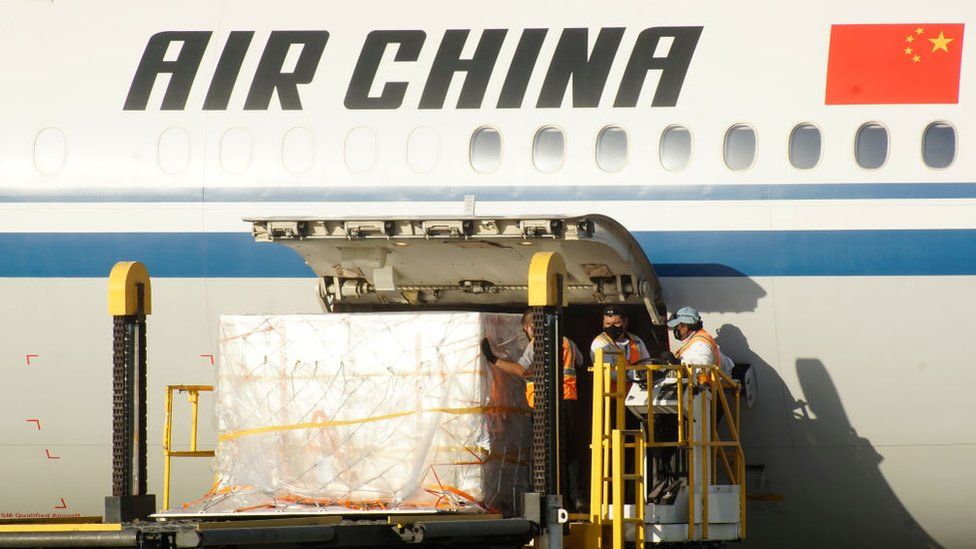
Turkey and Singapore are among countries that have placed orders. Also, Indonesia started distributing the Sinovac’s vaccine in January with three million doses, aimed at medical workers and public servants. The country subsequently approved Sinovac for use in the elderly.
Beijing has yet to approve any foreign vaccines for use in China, where the coronavirus emerged in late 2019. As of April 2, some 34 million people have received the two doses required by Chinese vaccines and about 65 million received one, according to Gao.
The country aims to fully inoculate 40% of its 1.4 billion population by June.
Read Also: Africa Energy CEO calls for energy sector financial investment



